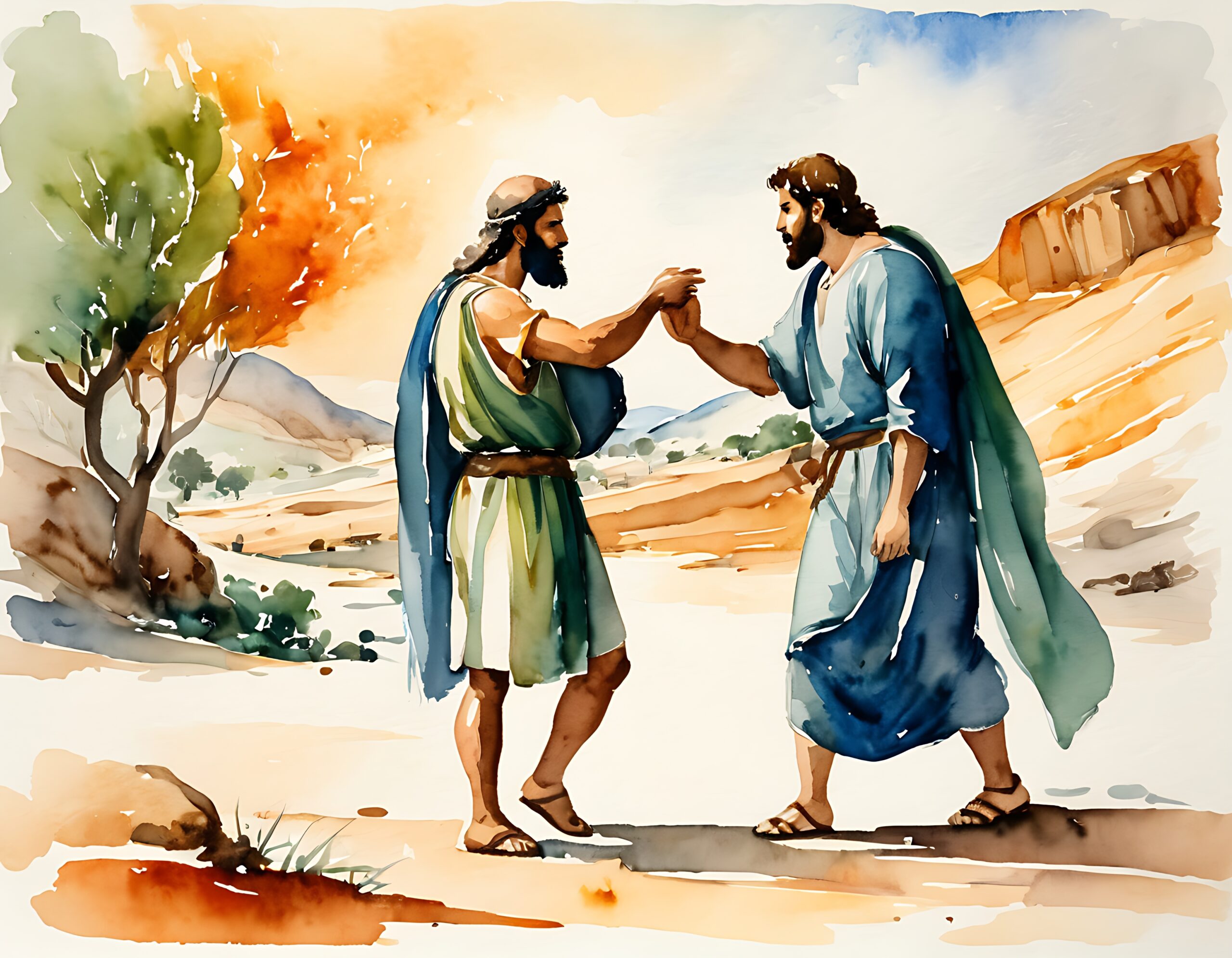
How to Prepare for the End of the World
Published June 19, 2023
Those of us old enough to remember will never forget the mass hysteria that gripped the globe in 1999.
The world stood on the edge of a new millennium, the year 2000. Not many people, historically, live to see the turn of a millennium, so the excitement was palpable. But the anticipation of seeing not one, not two, not three, but FOUR digits in the year column of the calendar change overnight was overshadowed by the fear that a computer bug known as “Y2K” might bring the world to a screeching halt.
Computers went mainstream in the late 20th century, but unlike today, storage in computer systems was massively expensive. Because of the exorbitant price tag, computer programmers tried everything they could to save space. One strategy they used was to minimize the amount of data required to store dates; so instead of storing the full four-digit year, they only stored the last two digits of the year, cutting the storage space used in half. They realized that this meant their solutions had a built-in obsolesce, because in the year 2000 the computer would be unable to distinguish between 1900 and 2000.
As Y2K approached, with this potential bug still looming over computer systems everywhere, people were afraid that banking systems, airline systems, payment processing systems, and all other kinds of computer systems would cease to operate at midnight on January 1, 2000, as computers would not know what to do with the date change. Fear of losing power and water, fear of not being able to buy groceries or go out to eat, and the fear of perhaps even losing the ability to start or drive your car, all were clear and present dangers in the minds of many. One writer described the pending doom from Y2K as a “computer induced apocalypse.”
People went to incredible lengths to prepare for what seemed like the end of the world as we knew it. Of course, we all know now as we look back, that the apocalyptic events that some feared from Y2K never happened. Some places in the world had some minor inconveniences as a result of this computer bug. But for the vast majority of people, waking up on January 1, 2000, was just like waking up on any other day.
While Y2K did not materialize as an end-of-the-world apocalyptic type event, there is a day coming that will occur to bring about the end of history: the return of our Lord Jesus Christ. And the stunning reality is that, while this event is certain to occur, very few people take the time to prepare for it. Even many people in the church, professing Christians, live their lives as if this day is never going to come, as if there will be no judgment, and as if earthly and temporal realities matter more than heavenly and eternal ones.
To live without regard for the return of Christ is a dangerous error. The return of Christ forms the foundation of the fifth test John gives us in 1 John to help us know whether we have eternal life: How do we relate to the coming of our Lord Jesus Christ? John makes it abundantly clear that those who have eternal life, those who truly have believed in Christ for salvation, are those who are prepared for His return and who are living in the light of His return.
We see in verse 28 of 1 John 2 that when He appears, there will be two options of what will occur for people. Those who know Christ and have eternal life will face that day with confidence based on our relationship with Christ. But other people who do not know Him will be put to shame as they fall under His wrath.
This is the test. The key differentiator, between those who have confidence when Christ comes and those who are put to shame away from His grace and mercy, is that those with confidence abide in Him. We are commanded to abide in Christ, and this is how we prepare for the return of Christ.
John follows up with this command by giving three traits of the people of God who are abiding in Christ.
The first characteristic of those abiding in Christ is that they are pursuing righteousness.
Those who belong to Christ, those who have been born of God, those who genuinely hope for the return of Christ, pursue righteousness. This Greek verb in the present tense indicates that something is in process; those abiding in Christ are in the process of doing what is righteous – or being sanctified, which is the process of becoming more holy, becoming more like Christ, or growing in righteousness. So if we are those who are in the process of doing righteousness, that means we are growing more righteous and obedient to Christ.
The second trait of those who are abiding in Christ and prepared for His coming is that they are rejecting rebellion.
No one can serve two masters. We will either hate the one and love the other, or be devoted to the one and despise the other. We cannot serve righteousness and rebellion at the same time. And those who are abiding in Christ are characterized as rejecting rebellion against God. We are either growing in obedience or growing in disobedience; no one is standing still (although some may move slower than others).
The third trait is that those abiding in Christ are resisting deceivers.
The world hates God’s truth. Deceivers claim that individuals can have Christ and they can have sin at the same time. They argue that sin is not really that big of a deal, or that people can abide in Christ and abide in sin simultaneously. We are not supposed to let anyone deceive us in this manner. Those who practice sin are of the devil. We resist deceivers by remembering this simple truth: Christ abides in those who abide in Him. And this means that it is impossible that we should be in the process of rebelling against Him and joining hands with the devil. The one who practices righteousness is righteous.
In reading this passage of 1 John, it’s not complicated to figure out which side we’re on. Are we in the process of becoming more like Christ? Or are we in the process of becoming more rebellious against Christ? Our answer to that question will help us see with clarity whether the coming of Christ will be a day of confidence and celebration or a day of shame and destruction for us.
It’s really tragic to think how much preparation, energy, and time people put into preparing for something like Y2K, or a potential toilet paper shortage like the great shortage of 2020, yet how little care they will give to preparing for the coming of Christ. No computer bug, no virus, no war, no famine, no tragedy can compare to the judgment that will come when Christ returns in glory. We must be ready for that great day.




0 Comments